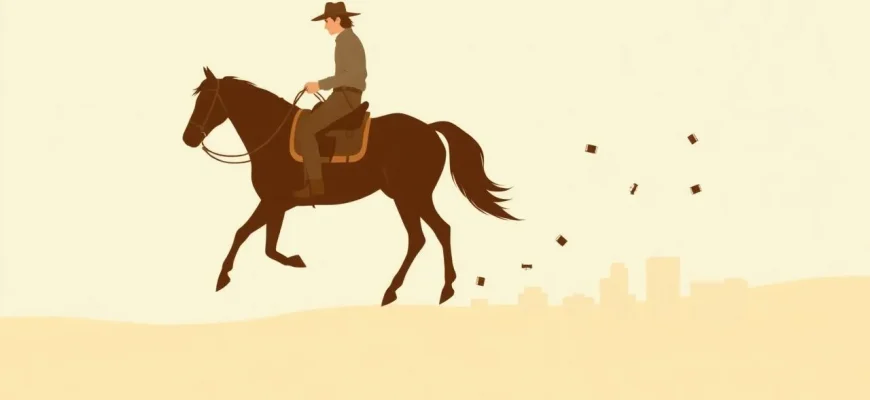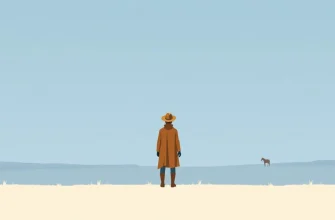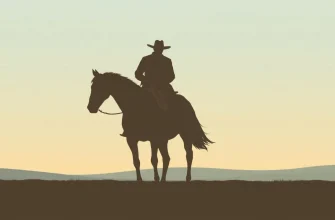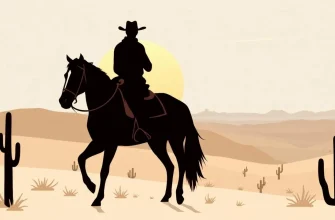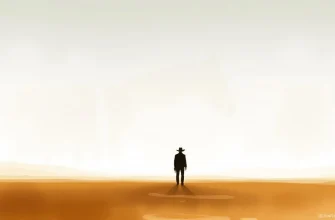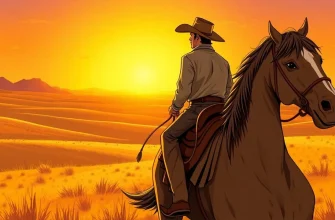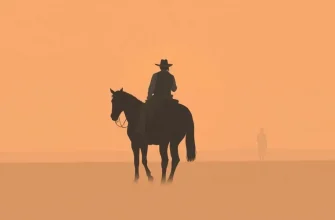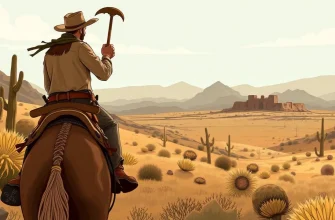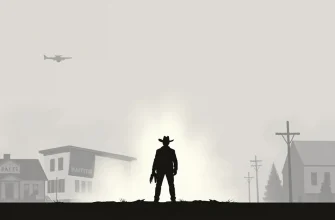The Western genre has long been a staple of American cinema, often portraying a romanticized view of the Old West. However, many films within this genre have either challenged or reinforced certain stereotypes about the era, its characters, and its cultural dynamics. This curated list of 10 Western films delves into these stereotypes, offering viewers a chance to see how these narratives have evolved or remained static over time. Whether it's the portrayal of Native Americans, the rugged individualism of the cowboy, or the role of women in the West, these films provide a rich tapestry of perspectives and interpretations.
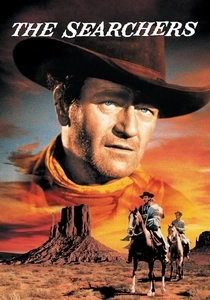
The Searchers (1956)
Description: John Ford's classic explores the complex character of Ethan Edwards, whose quest to find his niece reflects deep-seated racial prejudices of the time, making it a pivotal film in examining Western stereotypes.
Fact: The film was initially criticized for its portrayal of Native Americans, but over time, it has been reevaluated for its nuanced critique of racism.
 Watch Now
Watch Now 
The Magnificent Seven (1960)
Description: While initially reinforcing the stereotype of the heroic gunslinger, this film also subtly critiques the notion of heroism through its diverse cast and their motivations.
Fact: The film was a remake of Akira Kurosawa's "Seven Samurai," adapting the story to a Western setting.
 Watch Now
Watch Now 
Little Big Man (1970)
Description: This film satirizes the Western genre by presenting the life of Jack Crabb, a white man raised by the Cheyenne, offering a unique perspective on Native American stereotypes and the clash of cultures.
Fact: Dustin Hoffman's performance as Jack Crabb was critically acclaimed, and the film was one of the first to portray Native Americans in a more sympathetic light.
 Watch Now
Watch Now 
Blazing Saddles (1974)
Description: Mel Brooks' comedy directly parodies Western stereotypes, from the corrupt townsfolk to the bumbling sheriff, providing a humorous critique of the genre's conventions.
Fact: The film was initially met with controversy for its racial humor but has since been recognized for its satirical intent.
 Watch Now
Watch Now 
The Outlaw Josey Wales (1976)
Description: This film explores the transformation of a farmer into an outlaw, challenging the stereotype of the lone, stoic cowboy by showing his interactions with diverse characters.
Fact: The film was directed by and stars Clint Eastwood, who also co-wrote the screenplay.
 Watch Now
Watch Now 
Dances with Wolves (1990)
Description: Kevin Costner's epic film challenges the stereotype of the "savage" Native American by showing their culture through the eyes of a Union soldier, offering a more respectful portrayal.
Fact: The film was shot in South Dakota and features extensive use of the Lakota language, with many Native American actors in key roles.
 Watch Now
Watch Now 
Unforgiven (1992)
Description: Clint Eastwood's deconstruction of the Western mythos, where the line between hero and villain blurs, offering a critique on the glorification of violence and the myth of the noble gunslinger.
Fact: Eastwood won his first Best Director Oscar for this film, which also won Best Picture.
 Watch Now
Watch Now 
True Grit (2010)
Description: The Coen Brothers' adaptation focuses on the character of Mattie Ross, challenging the stereotype of the damsel in distress by portraying her as determined and resourceful.
Fact: This film was a remake of the 1969 film of the same name, which starred John Wayne.
 Watch Now
Watch Now 
Django Unchained (2012)
Description: Quentin Tarantino's spaghetti Western homage uses the genre to explore racial stereotypes and the brutality of slavery, offering a unique twist on the Western narrative.
Fact: The film was inspired by the 1966 Italian film "Django," but Tarantino's version is set in the pre-Civil War South.
 Watch Now
Watch Now 
The Ballad of Buster Scruggs (2018)
Description: The Coen Brothers' anthology film plays with various Western stereotypes, from the singing cowboy to the prospector, offering a mix of humor and critique.
Fact: Each segment of the film was shot by different cinematographers, giving each story a unique visual style.
 30 Days Free
30 Days Free 
